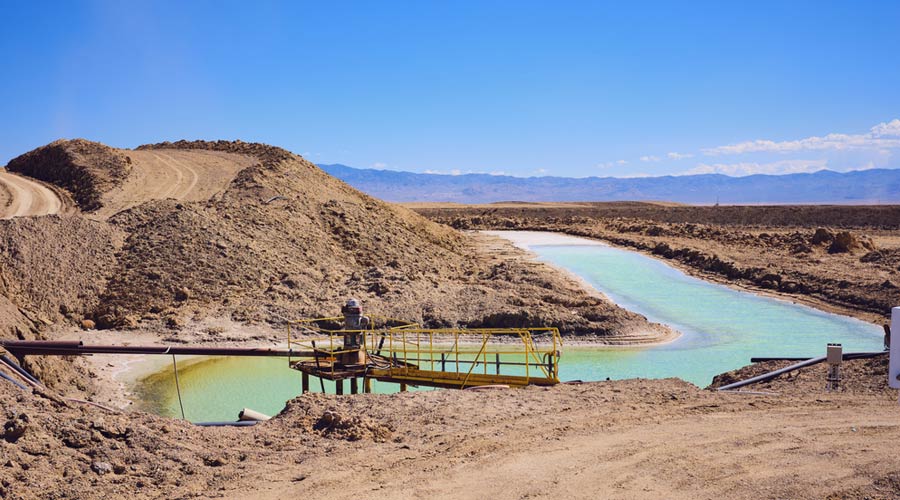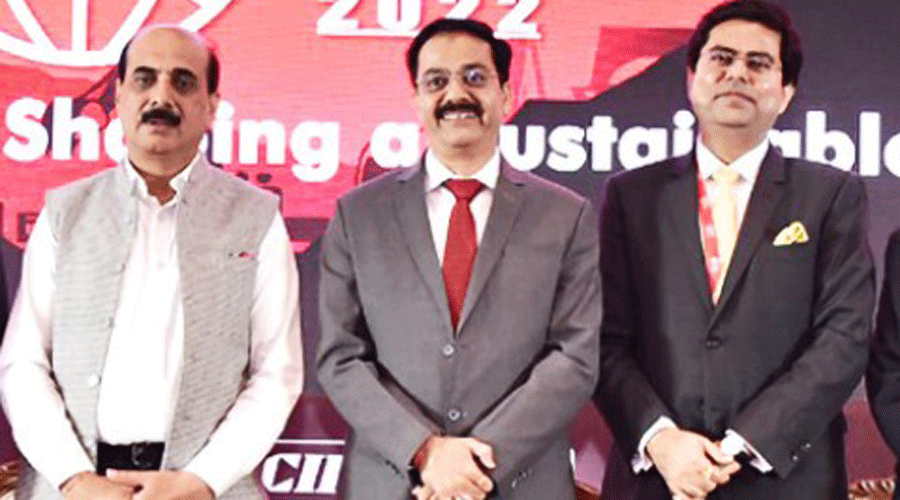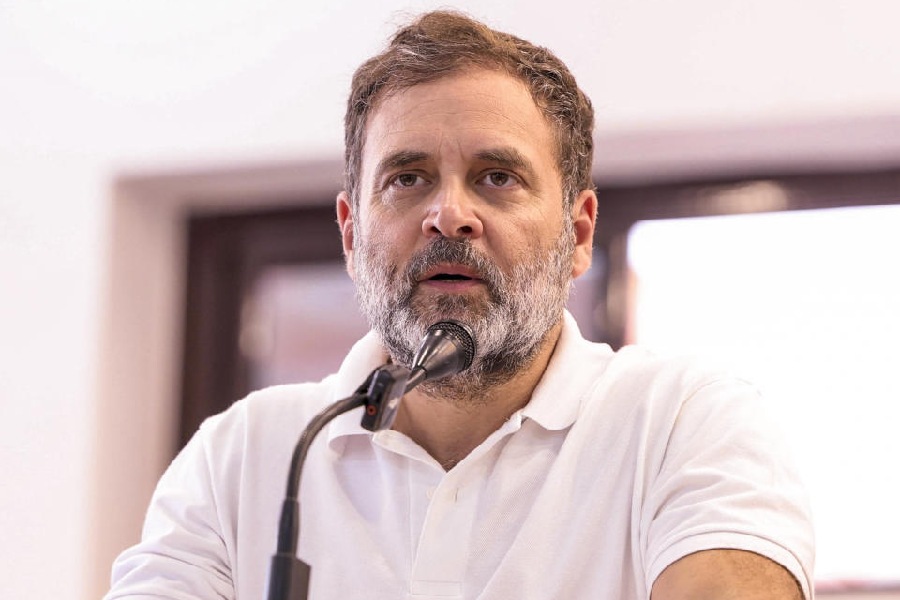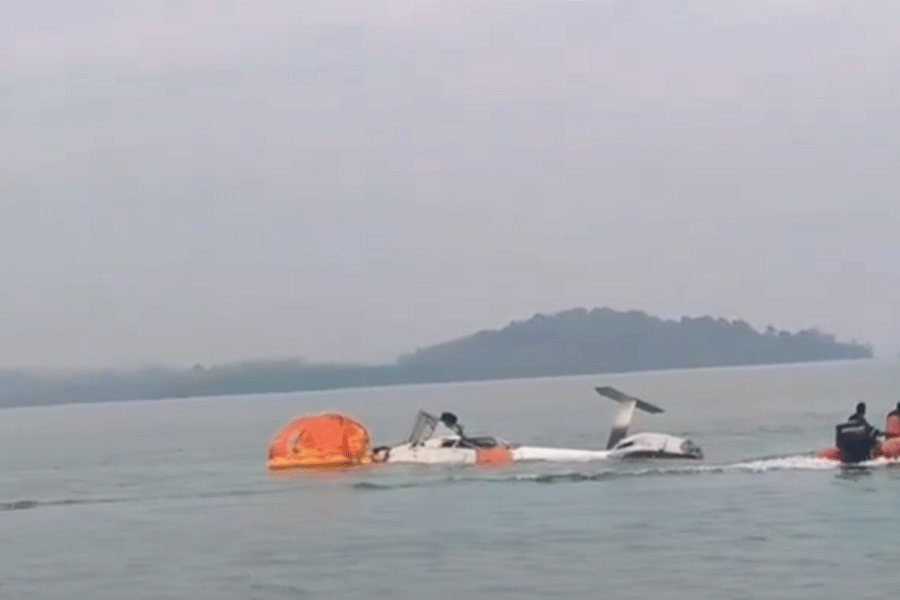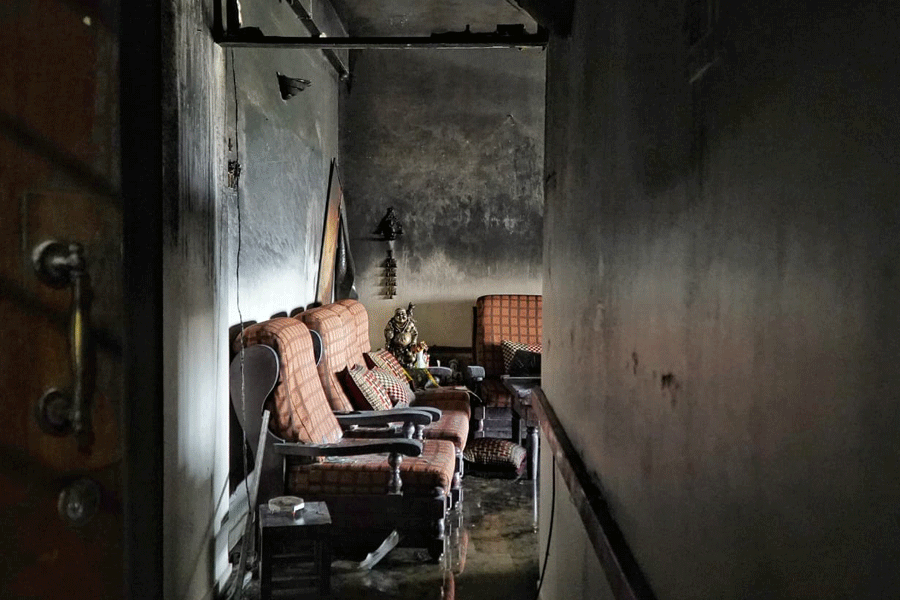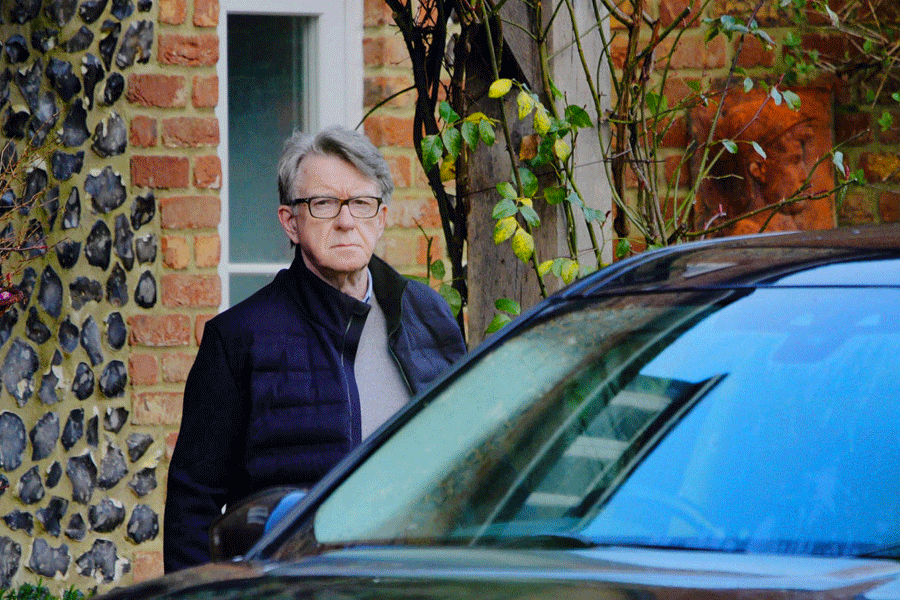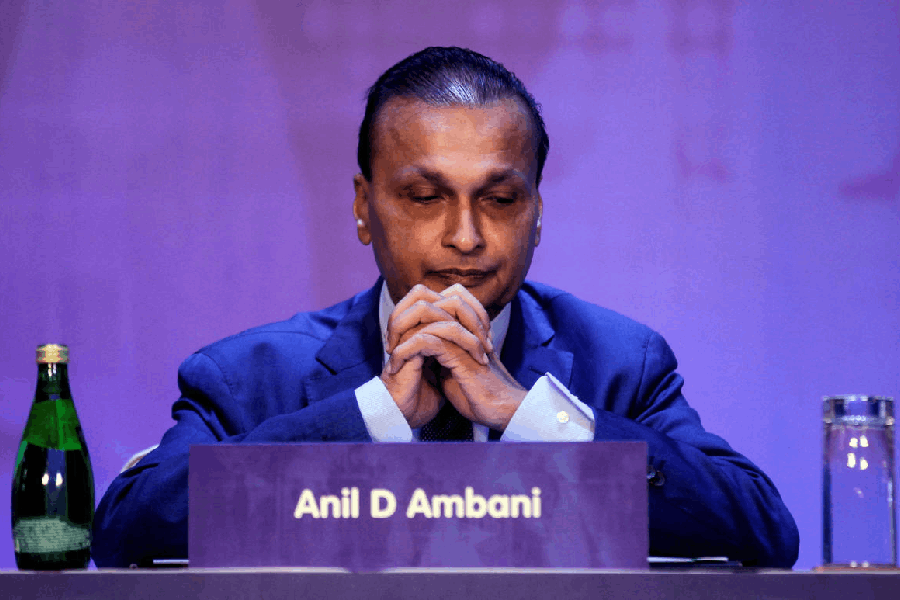The Geological Survey of India has said it has discovered in Jammu and Kashmir the country’s first deposits of lithium, a strategic metal used in batteries for electric vehicles, mobile phones and computers.
The GSI has inferred an estimate of 5.9 million tonnes of lithium deposits in Reasi district of Jammu which, scientists said, if verified, would make it the world’s second-largest reserve after Chile’s 8 million tonnes.
Scientists said the estimate was based on early-stage prospecting — the so-called G3 stage of mineral resource assessment — that identifies areas with possible reserves but does not provide clear estimates of how much of the reserves are economically viable.
The Union ministry of mines, which announced the discovery on Thursday, said the GSI report on lithium emerged from field investigations since 2018-19 that had also shown possible deposits of gold, molybdenum and other minerals in 11 states.
Senior GSI scientists contacted by this newspaper on Friday declined to discuss details of the lithium findings. But the announcement has evoked excitement among sections of energy researchers who say even half of the estimated 5.9 million tonnes would be a significant abundance of this strategic economic metal.
“This could be potentially big, a game-changer for India, especially for its lithium-ion battery electric vehicle industry,” said Bimlesh Lochab, professor and head of chemistry at the Shiv Nadar University in Greater Noida, who is not associated with the GSI but specialises in materials chemistry.
India currently imports all lithium and lithium-ion batteries, mainly from China, Hong Kong, Indonesia and Vietnam and spent over Rs 26,700 crore on these imports from 2018-19 to 2020-21, according to department of commerce data.
Industry analysts predict that the global market for lithium will continue to grow in the coming decades.
Chile has the world’s largest known reserves with 8 million tonnes, followed by Australia’s 2.7 million tonnes, Argentina’s 2 million tonnes and China’s 1 million tonnes.
Scientists expect the GSI’s next steps would be to advance the field studies into the “general exploration” or “G2” stage marked by detailed geochemical and geophysical surveys and drilling and sampling for testing of processing technology.
‘Outsider’ worry over lithium
The discovery of the country’s first deposits of lithium in Jammu and Kashmir has triggered calls to ensure that the region gets to benefit from the strategic economic metal.
“Big Breaking for Jammu: Lithium deposits have been found in Reasi district of #Jammu. It is an important component for EV batteries. Though a National Resource, this discovery should give maximum benefit to locals of Jammu Region in terms of manufacturing, skill development, jobs,” IkkJut Jammu, a radical group fighting for a separate state for Jammu, tweeted.
The tweet betrays worries of many Dogras in Jammu who had batted for the abrogation of Article 370 but now fear an onslaught of outsiders — particularly after the region was reduced to a Union Territory.
Vivek Bharadwaj, secretary in the Union ministry of mines, said Jammu and Kashmir would wholly “own” the mines despite it being a Union Territory.

